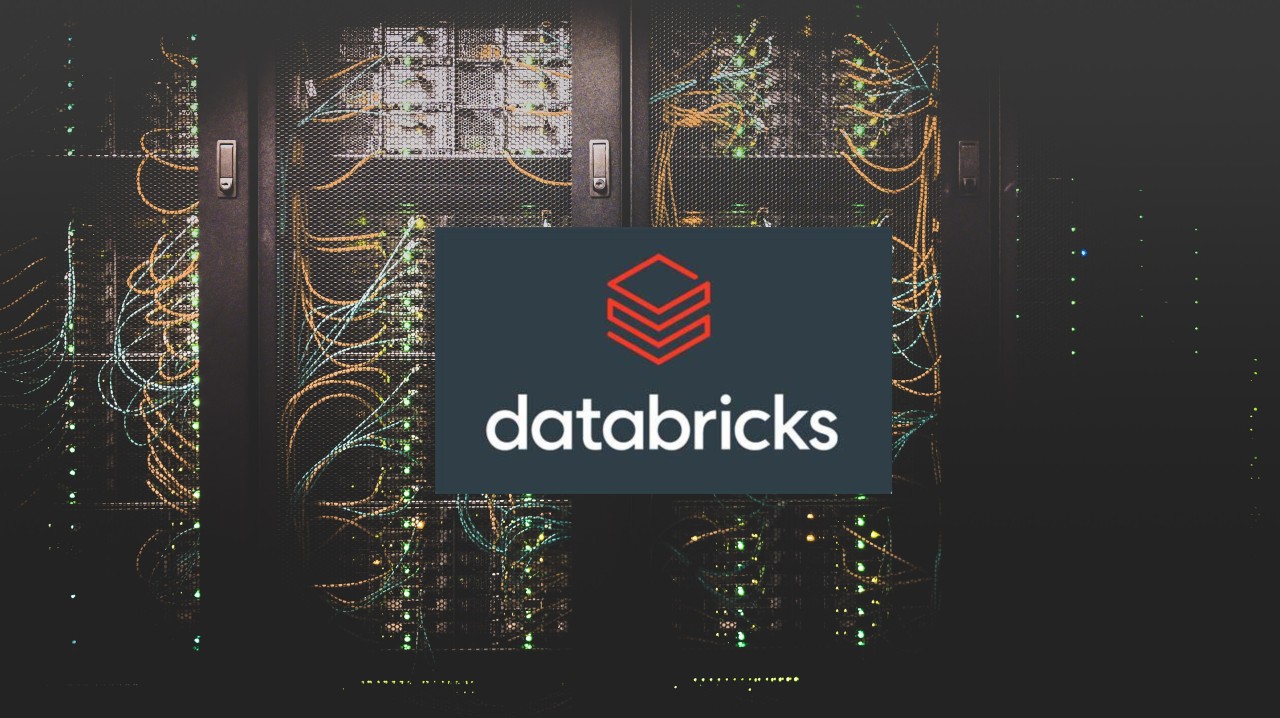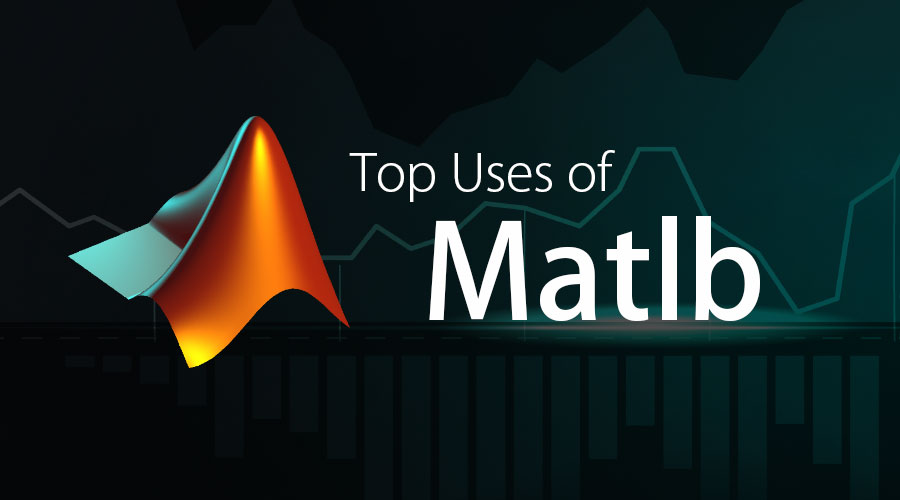1. Introduction to Data Engineering with Databricks
1.1 Overview of Databricks for data engineering
1.2 Key features and benefits for data engineers
1.3 Introduction to modern data engineering concepts
2. Apache Spark Architecture for Data Engineering
2.1 Understanding Spark clusters and resource management
2.2 Key components: Driver, Executors, and Cluster Manager
2.3 DataFrames and Datasets for large-scale data processing
3. Setting Up Databricks for Data Engineering
3.1 Creating and managing Databricks clusters
3.2 Introduction to Databricks SQL Analytics
3.3 Using Databricks notebooks for engineering tasks
4. Data Ingestion Strategies
4.1 Ingesting data from multiple sources (databases, files, APIs)
4.2 Working with structured and unstructured data
4.3 Best practices for handling large-scale data ingestion
4.4 Using Delta Lake for reliable data ingestion and storage
5. ETL Pipelines with Databricks and Apache Spark
5.1 Understanding ETL workflows in Databricks
5.2 Transforming data with Spark SQL and PySpark
5.3 Optimizing ETL pipelines for performance and scalability
5.4 Managing schema evolution and data versioning with Delta Lake
6. Data Transformation and Cleansing
6.1 Techniques for data transformation and enrichment
6.2 Handling missing, inconsistent, and duplicate data
6.3 Using window functions, aggregations, and joins
6.4 Implementing data quality checks in the pipeline
7. Building Batch and Real-time Pipelines
7.1 Batch data processing with Apache Spark
7.2 Real-time data processing with Structured Streaming
7.3 Use cases for batch vs. real-time pipelines
7.4 Integrating with Kafka and other streaming data sources(Ref: Mastering Apache Flink | Integration with Hadoop | Yarn | Kafka)
8. Orchestration and Workflow Management
8.1 Orchestrating data pipelines with Databricks Jobs
8.2 Integrating Databricks with orchestration tools (Airflow, Azure Data Factory)
8.3 Scheduling and monitoring ETL pipelines
8.4 Managing dependencies and workflows
9. Optimizing and Scaling Data Pipelines
9.1 Performance tuning for Spark jobs
9.2 Partitioning strategies and data shuffling
9.3 Managing cluster resources efficiently
9.4 Caching and persisting intermediate data for speed
10. Delta Lake and Data Lakes for Reliable Pipelines
10.1 Introduction to Delta Lake
10.2 Using Delta Lake for transaction consistency and ACID compliance
10.3 Time travel in Delta Lake for historical data analysis
10.4 Optimizing Delta Lake tables for high performance
11. Data Governance and Security
11.1 Ensuring data security and privacy in Databricks
11.2 Implementing access controls and encryption
11.3 Auditing and monitoring data pipelines
11.4 Best practices for data governance and compliance
12. Deploying and Maintaining Data Pipelines
12.1 Deploying pipelines into production
12.2 Monitoring and alerting for pipeline health
12.3 Automating pipeline deployment with CI/CD
12.4 Troubleshooting and debugging common issues
13. Advanced Use Cases for Data Engineering
13.1 Handling complex workflows (e.g., slowly changing dimensions)
13.2 Data engineering for machine learning workflows
13.3 Integrating Databricks with third-party analytics and BI tools
13.4 Case studies: Enterprise data engineering at scale
14. Final Project: Designing a Scalable Data Pipeline
14.1 Building an end-to-end data pipeline
14.2 Incorporating batch, streaming, and real-time processing
14.3 Addressing performance, scalability, and reliability challenges
14.4 Presenting the solution and best practices
15. Conclusion and Next Steps
15.1 Recap of key learnings
15.2 Resources for further exploration (certifications, advanced courses)
15.3 Career pathways in data engineering with Databricks and Apache Spark
To conclude; this course provides a solid foundation in data engineering using Databricks, equipping participants with the skills to design and manage effective data pipelines. Continued learning and practical experience will enhance proficiency and career opportunities in this rapidly evolving field.







Reviews
There are no reviews yet.